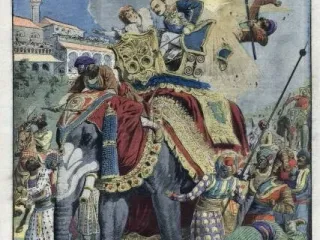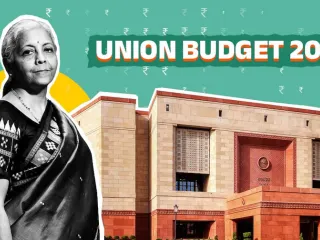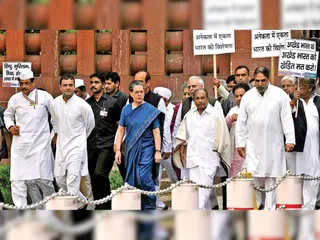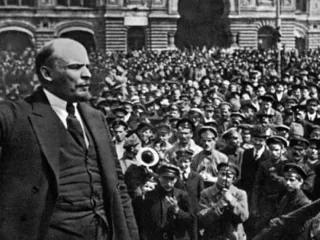The Paika Rebellion, a significant uprising against the British East India Company, took place in Odisha (then Orissa) in 1817. While often overshadowed by other major Indian rebellions, it holds immense historical importance, representing a powerful indigenous resistance to colonial rule. This rebellion, led primarily by the Paikas – the traditional warrior class of Odisha – was fueled by deep-seated grievances and resentment against the British administration.
Causes of the Rebellion: The primary cause of the rebellion stemmed from the British East India Company's exploitative policies and the disenfranchisement of the Paikas. The Company's increasing control over the region's land revenue system directly impacted the Paikas, who had historically held land grants and enjoyed certain privileges under the Gajapati rulers of Odisha. The British abolished the traditional system of military service, leaving many Paikas unemployed and impoverished. This, coupled with heavy taxation and the introduction of unpopular administrative reforms, fueled widespread discontent.
The Role of Bakshi Jagabandhu: Bakshi Jagabandhu Bidyadhar Mohapatra, a prominent Paika leader, emerged as the central figure of the rebellion. He was a skilled military strategist and charismatic leader who united various Paika groups under his banner. His military prowess and tactical skills posed a significant challenge to the British forces. The rebellion was not simply a spontaneous outburst but a well-organized campaign, showcasing the Paikas' military capabilities and their strong sense of community.
The Course of the Rebellion: The rebellion began in 1817 and spread rapidly across several districts of Odisha. The Paikas, known for their fierce fighting spirit and their adeptness in guerilla warfare, inflicted several defeats on the British troops. While the British eventually managed to suppress the rebellion after fierce battles, the Paikas' resistance was remarkable. Their strategy included capturing forts, controlling key strategic locations, and effectively utilizing the terrain to their advantage. The rebellion highlighted the inherent strength and organized structure of the Paika community.
Impact and Legacy: Although the Paika Rebellion was eventually suppressed, its impact was far-reaching. It demonstrated the widespread opposition to British rule in Odisha and showcased the potential for indigenous resistance. The rebellion also highlighted the crucial role of the Paikas in Odisha's history and their significant contribution to the overall Indian freedom struggle. Though often neglected in mainstream narratives, the Paika Rebellion served as a precursor to later anti-colonial movements in India and contributed significantly to the shaping of Odia identity and nationalism.
Further Research: While considerable research has been conducted on the Paika Rebellion, many aspects still require further investigation. Exploring archival sources, both in India and possibly Britain, could reveal more details about the rebellion's strategies, its impact on the socio-economic landscape of Odisha, and the long-term consequences of British policies in the region. The Paika Rebellion serves as a powerful reminder of the complexities of colonial history and the enduring spirit of resistance against oppression.





















